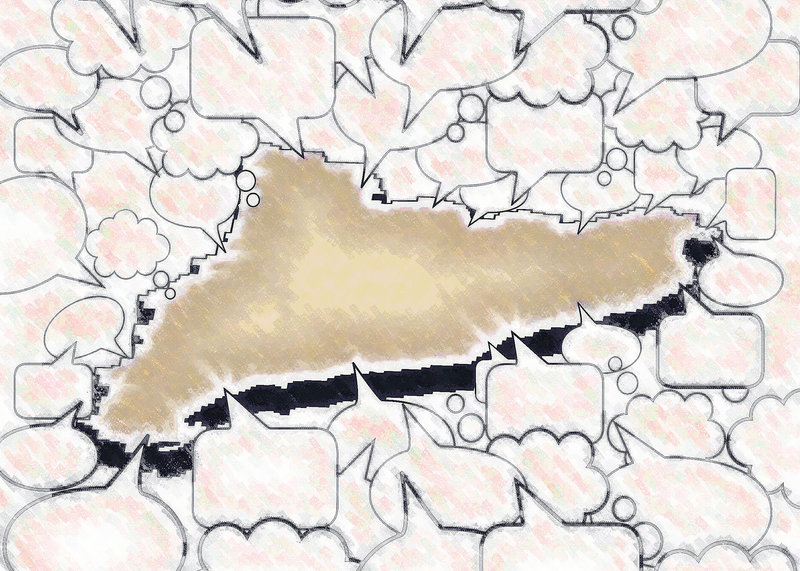Long-term resident
Matthew tree. mtree@cataloniatoday.cat/
Plain speaking
Catalonia is divided into 42 cantons, called 'comarques', their boundaries originally determined by how far medieval farmers were prepared to travel to the local capital on market day; over the years, each comarca has developed its own customs, festivals, eating habits, dialect, and so forth. All this is mentioned by way of a preamble for one particular 'comarca': the Pla de de l'Estany, not far from Girona. Its name means 'Plain of the Lake', due to the huge aquifer-supplied loch - there used to be a monster there before it was turned into a tame herbivore by a French priest in the eighth century - that sits smack in the middle of the plain. Its waters look like shattered glass under the sun and at twilight, like jiggled silk. The rest of the comarca is made up of low hills trying hard to qualify as mountains; plenty of farmland; and villages most of which were built seven hundred odd years ago, as was the centre of the canton's capital, Banyoles. I'm fairly familiar with the area, as I am with its cuisine, which consists principally of meat. But it wasn't until I stumbled across a novel by a Banyoline writer, Miquel Aguirre, that I got a real taste of the particular dialect of the Pla de l'Estany (also used, by the way, by its important Gambio-Catalan community). The novel - 'Els morts no parlen' ('Dead People Don't Talk') - is an exceptionally satisfying piece of writing involving a case of attempted blackmail by a local lowlife and his loser accomplices that reads like a cross between 'Pulp Fiction' and 'Fargo', only funnier. As for the dialect in which it is written, pigs are 'verros' as opposed to standard Catalan's 'porcs'. And 'esperxar' is a verb unique to the canton which means 'to get caught in the branches of a tree'. And an object is never 'on' something but rather that 'on the peak of' something. So 'the pig's on the table' would be 'el verro està al cim de la taula'. But what is really astounding is the richness of the swearing. The characters in the book greet each other cheerily with the epithet 'fotut burro' ('screwed-up donkey'). And the verb 'cardar' (to shag) is - at least in the Pla de l'Estany - an all-purpose word that stands in for 'to do', 'to be', 'to eat', 'to drink' etc. and even, on fairly rare occasions, to fornicate. So 'no me la cardaràs pas, fotut burro' would be, literally, 'you're not going to shag me over, you screwed-up donkey'. As has been pointed out, each and every one of the 42 cantons in Catalonia, has its own dialect (and in the case of the Occitan-speaking Val d'Aran, its own language to boot). That's three and half dozen communities turning the air different shades of blue. You might have thought the tourist guides would give that a passing mention. But no.


